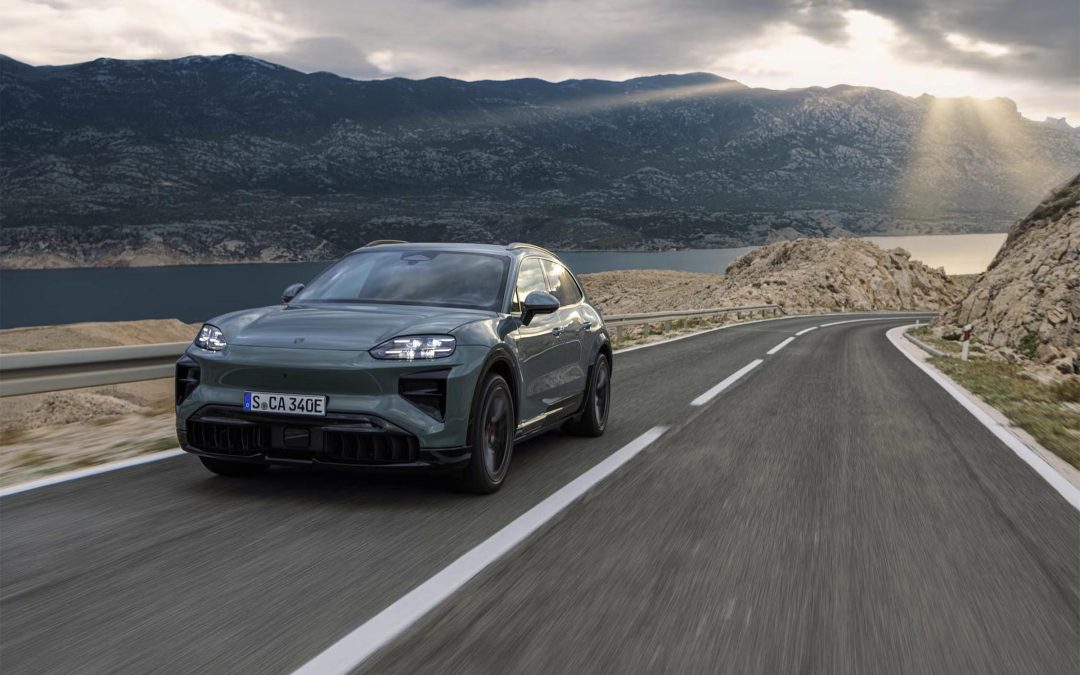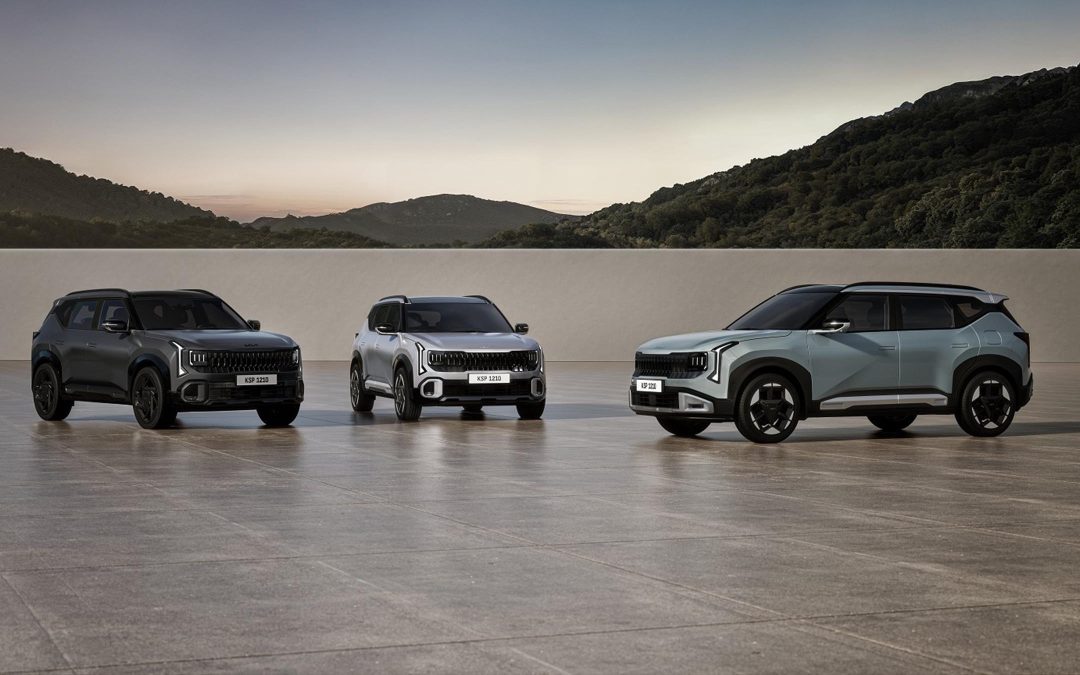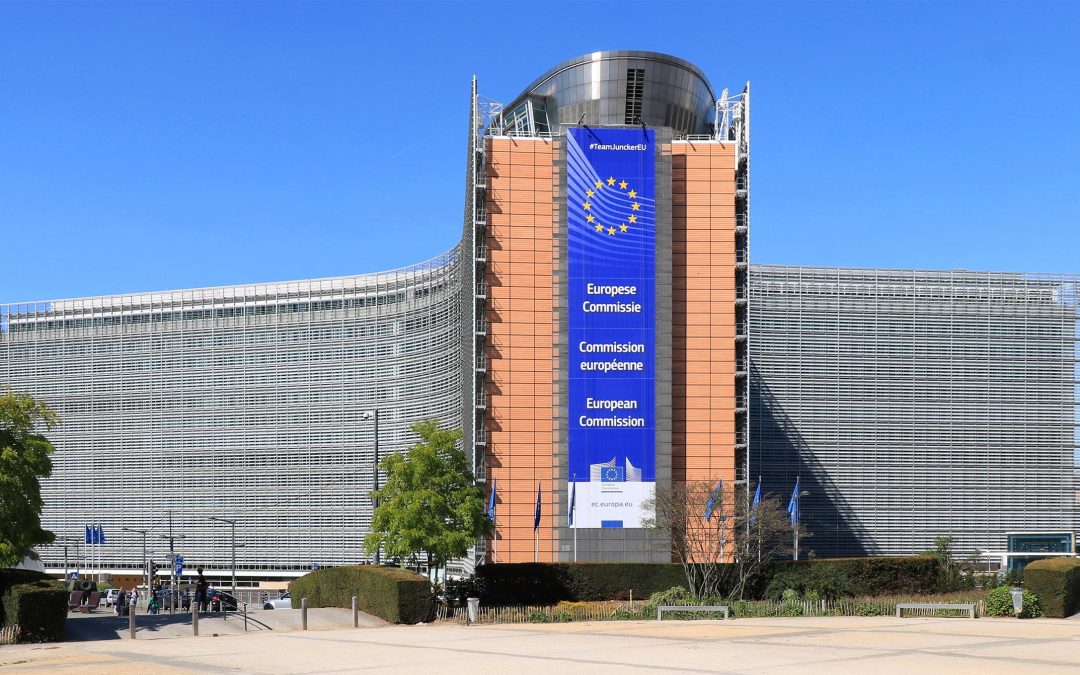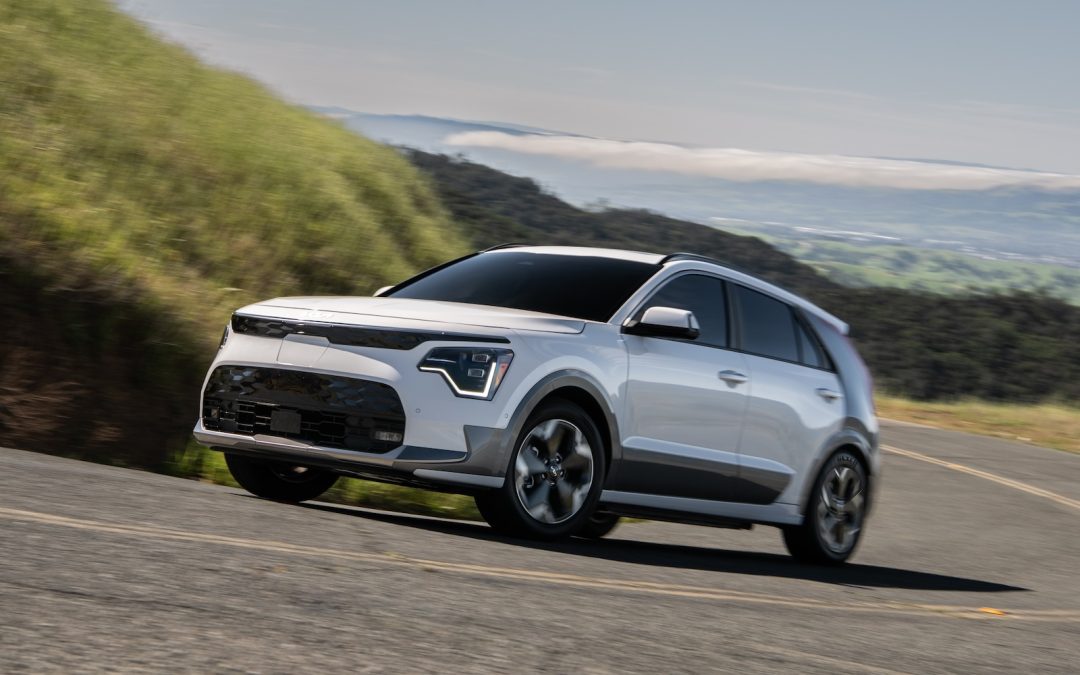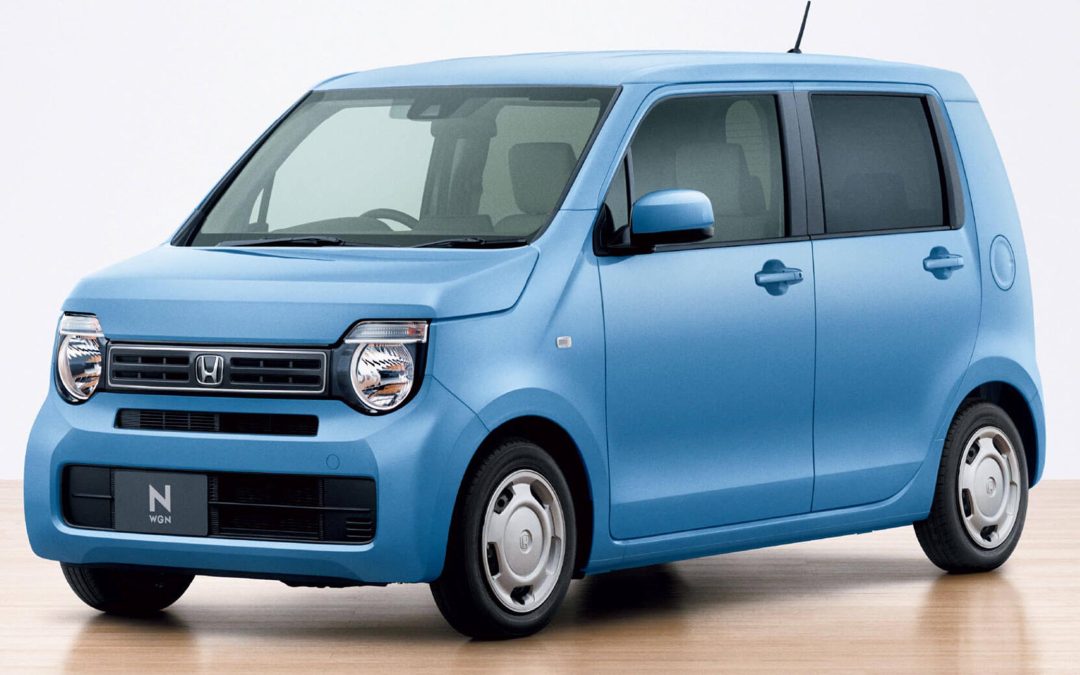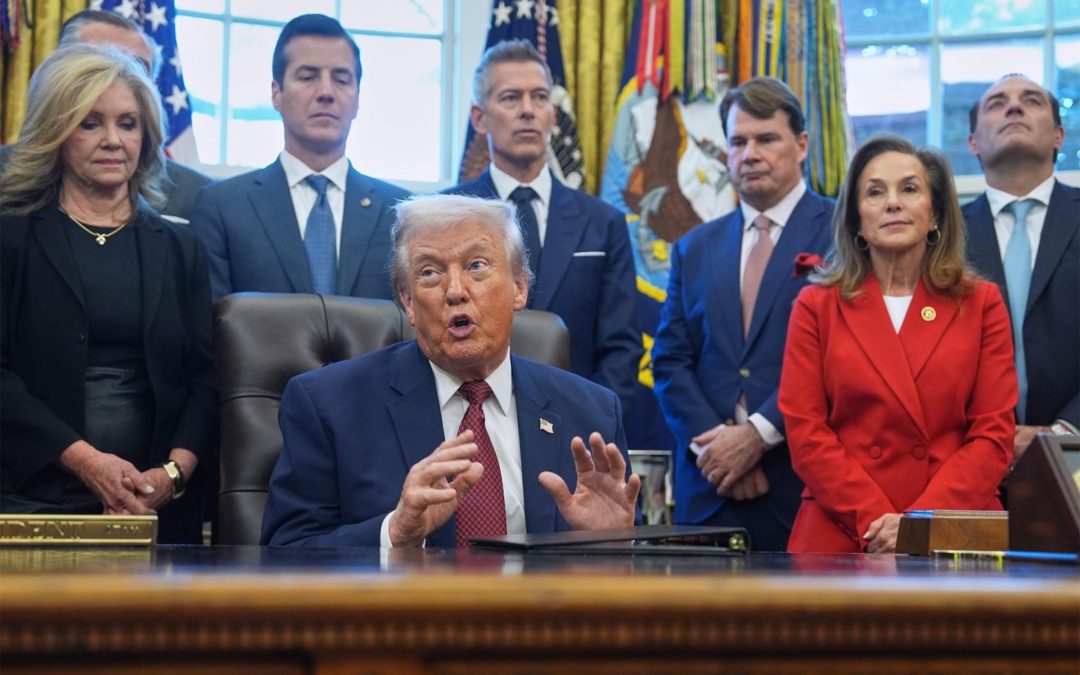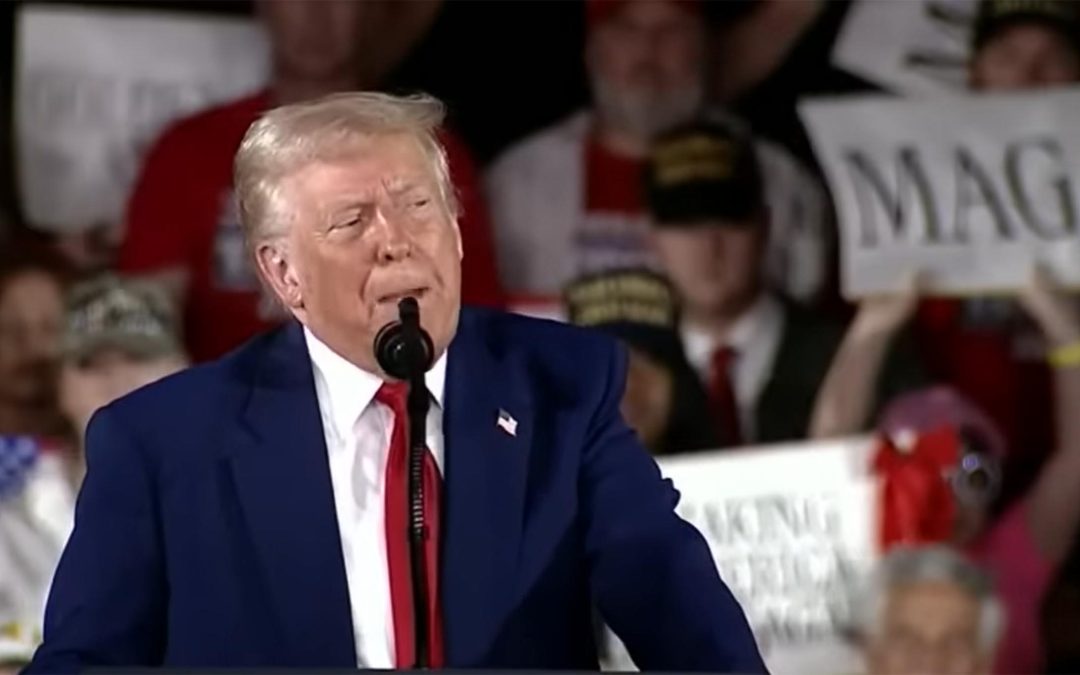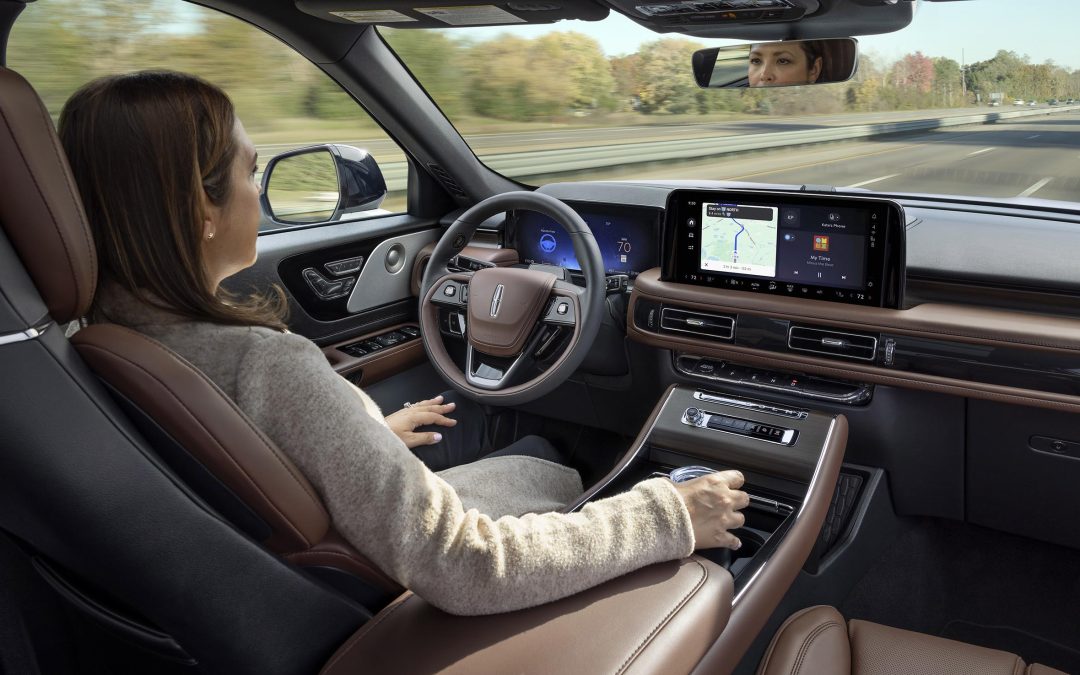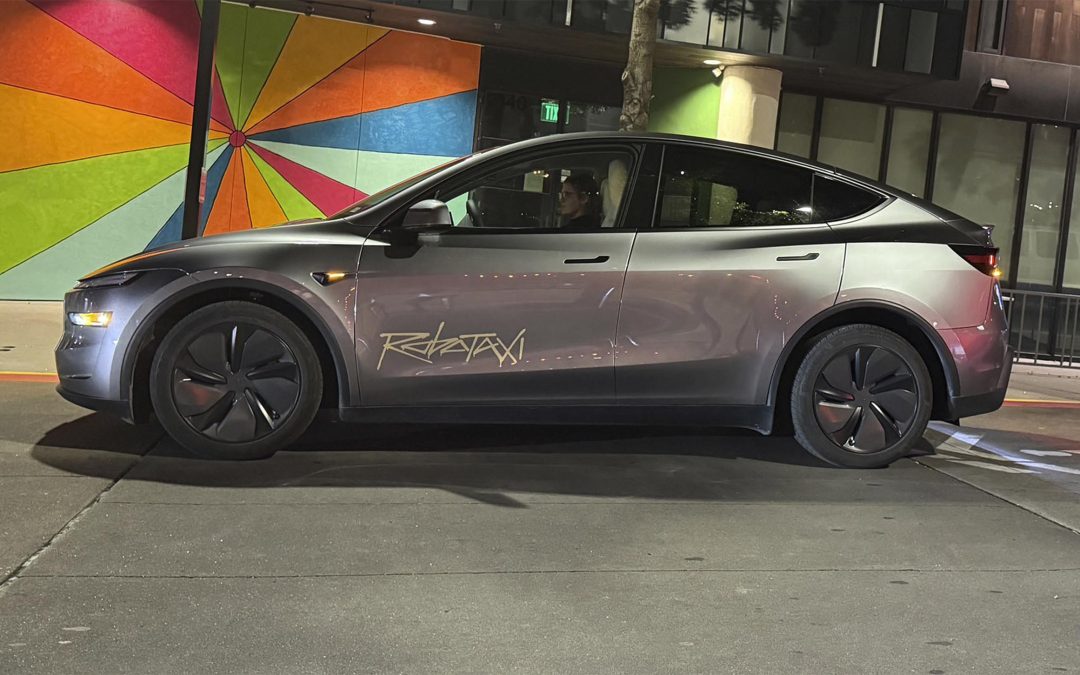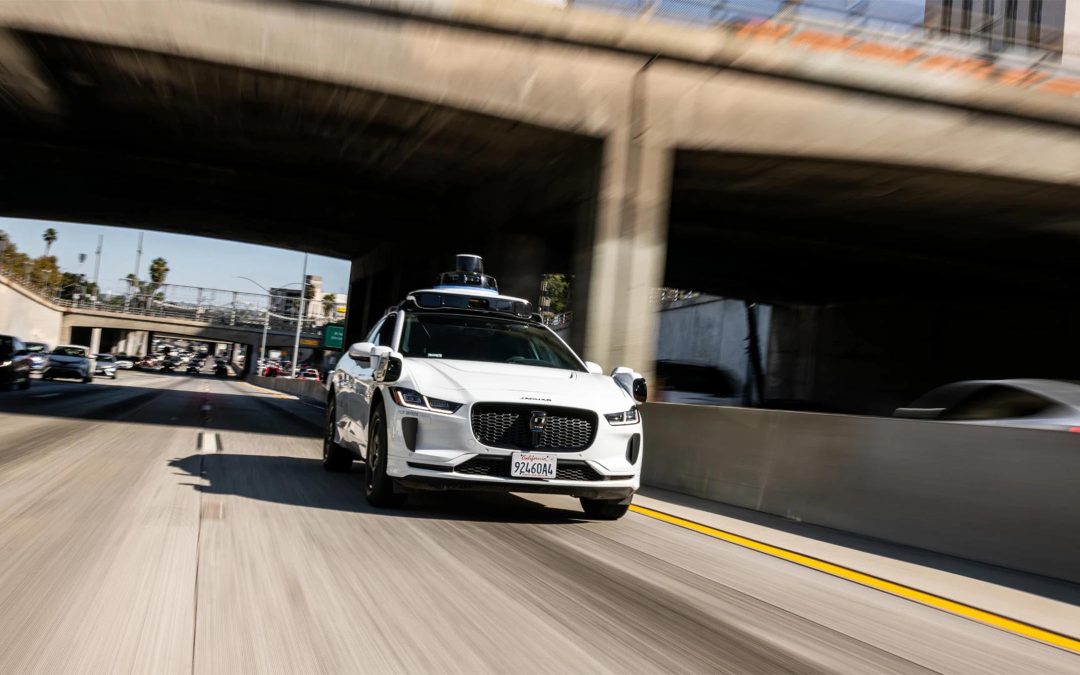Expect to pay more for that new Porsche next month, the German automaker advising dealers it will start passing on more of the cost of the tariffs Pres. Donald Trump has put in place on imported autos. Porsche isn’t alone, however, a growing number of brands are raising already record-high prices to cover those new duties, even on domestically made products due to the cost of imported parts and components, reports Headlight.News.
